

Climate change, land use change, and other large-scale disturbances are altering ecosystems globally and at an accelerating rate. Documenting, understanding, forecasting, and mitigating the ecological impacts of global change are key challenges of the 21st century, and necessary for the preservation of ecosystem services, the conservation of endangered species, and the control of pests and diseases. At the interface of global change ecology, wildlife ecology, disease ecology, mathematical ecology, and conservation biology, our work combines the development of mathematical and statistical models with field data collection and the analysis of existing long-term datasets to identify the mechanisms driving change, forecast likely future impacts of global change, and help develop mitigation strategies to address conservation and wildlife health concerns. We take a global perspective and work on a variety of systems, ranging from the High Arctic to the tropical rainforests of Central America, with current efforts primarily focusing on how global change impacts the population and community dynamics of wildlife, their interactions with parasites, and the spread of disease.
Opportunities: I am currently accepting new students, visit the Opportunities page for more information.
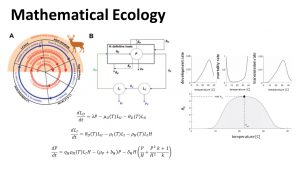
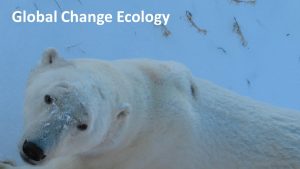
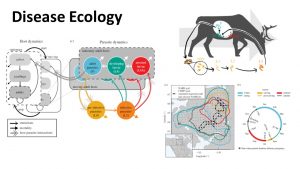
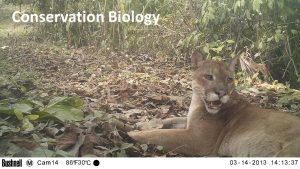
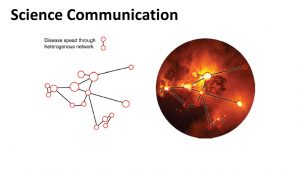
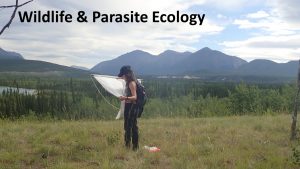
News
- Winter ticks in Yukon: new article by Emily Chenery in Parasites & Vectors November 17, 2020
- Where do polar bears get their parasites from? Read Stephanie Penk’s new article in Oikos. October 12, 2020
- Fasting season length sets temporal limits for global polar bear persistence. July 20, 2020
- How to make predictive modelling ART (accurate, reliable, transparent)? Korryn Bodner tells us in her new Ecosphere article. June 20, 2020
- When animals migrate they take their parasites with them – or not. Stephanie Peacock unravels some of these complexities in her new PNAS article. June 2, 2020